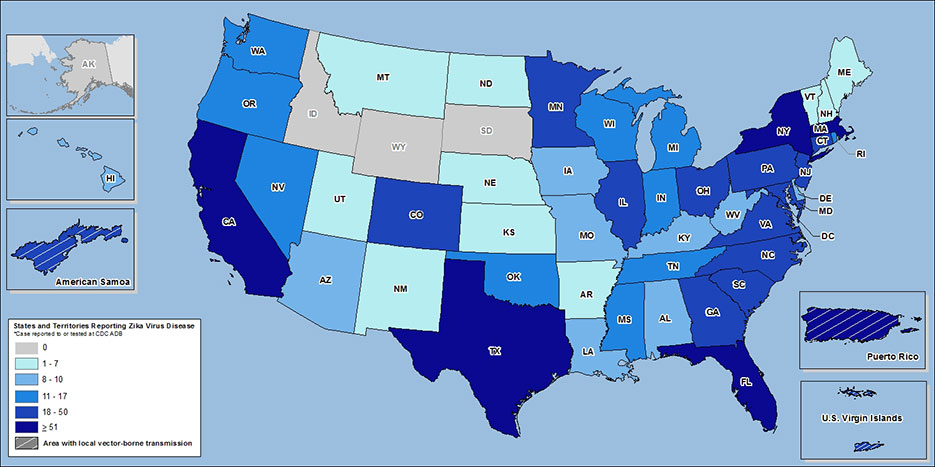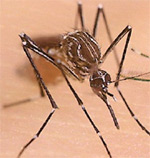“Cholera is an acute diarrhoeal disease that causes massive loss of body fluids and can be deadly within hours if not adequately treated. WHO is taking all the necessary control measures to support the Ministry of Health to respond to the situation urgently, and put an end to this outbreak,” says Dr Abdulmumini Usman, WHO Representative to South Sudan.
“This work is vital because the conditions are favourable for transmitting the disease. These include increased population displacement, overcrowding, poor hygiene and sanitation. WHO is working with the Ministry of Health and other partners on ground to contain and prevent further spread of the disease,” added Dr Abdulmumini.
WHO has reinforced its cholera outbreak response capability to prevent the spread of the disease. A National Cholera Taskforce (comprising the Ministry of Health, WHO, UNICEF, MSF and other partners) has been activated and is providing oversight and coordination for the response to the cholera outbreak.
With more than 270 cholera cases, providing swift treatment is essential. WHO, with support from partners, has established a cholera treatment centre capable of treating 100 patients at Juba Teaching Hospital. To improve access to timely rehydration, eight oral rehydration points have been established by Health Link South Sudan with support from UNICEF. Priority locations for oral rehydration points in Juba include Gurei, Munuki, Kator, Lologo, Mahad, Nyakuron and Gumbo. Additional points are being set-up in El Sabah, Giada and Gorom.
WHO has strengthened disease surveillance and comprehensive disease investigation, including following up on people who may have come into contact with the disease.
As a proactive preventive measure, WHO along with the Ministry of Health and partners are planning to conduct an oral cholera vaccination campaign to reach over 14 000 people. The campaign is set to start on 26 July 2016 at various sites including communities in Gorom and Giada and special populations such as internally displaced people in Tomping.
Additionally, WHO and partners are supporting social mobilization and community engagement activities. The media is currently airing cholera prevention messages and a toll-free phone line to report cholera cases has been activated.
WHO and partners have delivered supplies including tents and cholera kits that provide treatment for 400 people. To improve case detection and treatment of cholera, WHO has also distributed cholera preparedness and response guidelines.
WHO is appealing to all partners to strengthen preventive and control measures before the disease spreads to other camps and host communities. This outbreak further exacerbates an already weak health system which is also battling malnutrition, measles and malaria.

“The risk of further spread of diseases is a major concern. With the coming rains, it is realistic to expect an increase in malaria and water-borne diseases. Consequently, we can expect medical needs to increase in an environment where WHO and partners are already working hard to keep up with existing health needs,” says Dr Abdulmumini.
With 4.4 million people in need of health assistance, funding is urgently needed to respond to the rising needs. The South Sudan Humanitarian Response Plan launched earlier this year requests US$ 110 million, of which US$ 31.3 million has been received (71% funding gap). Of this amount, WHO requires US$ 17.5 million for 2016, of which only US$ 4.3 million has been received. More funding will be required to respond to the additional needs arising from this recent crisis.
“We have this opportunity to save, improve and protect the health of millions of people before it gets worse,” says Dr Abdulmumini. “WHO is committed to containing the cholera outbreak in South Sudan but, without urgent funding, we cannot implement most of the planned interventions. We need donors and partners to urgently fund our operations.”




